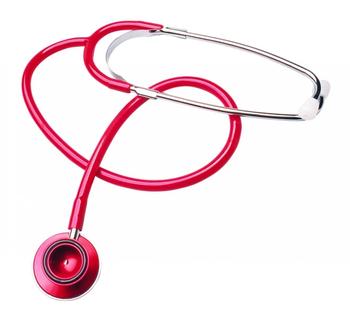
An instructive case that ties in to an APA presentation on "Treatment and Research of Treatment-Resistant Depression and Bipolar Disorder."

An instructive case that ties in to an APA presentation on "Treatment and Research of Treatment-Resistant Depression and Bipolar Disorder."

In order for older patients to derive greater enjoyment from their later years, clinicians must take special care during evaluation, treatment, and follow up when working with this growing population.
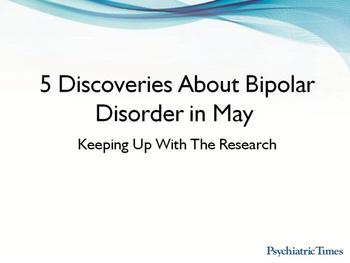
Keeping up with the research on bipolar disorder, including findings from studies on cognition, neurogeneration, positive and negative emotion regulation, and weight gain.
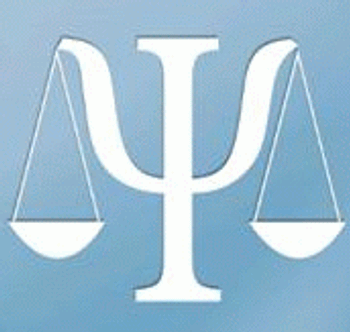


Lithium, neuroimaging, and medical comorbidities in bipolar disorder: here's a 3 question mini-quiz from the very recent literature.
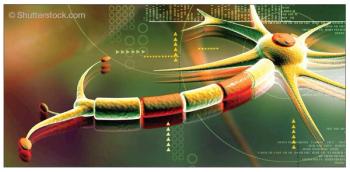
Selected for clinical implications, here are some highlights from the recent acceleration in understanding of the mechanisms of bipolar disorder.
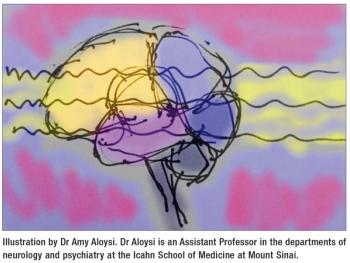
Some recent breakthroughs, using newly developed neuroscience investigational tools, suggest that if research resources are available, we could soon make substantial advances in understanding the mechanism of action of ECT.

Elderly patients represent approximately what percentage of the population with bipolar disorder? Take the quiz and learn more.

An interesting pharmacological approach in terms of anti-suicidal strategies is the use of lithium for treatment of patients with affective disorders. Details here.

What is the association between bipolar disorder, trauma, and violence? Here: a guide to assessing violence potential in bipolar patients.

Here: the case of a woman with bipolar disorder who was admitted for aggressive behavior and nonadherence to medications. Art therapy and pharmacotherapy played a pivotal role in her recovery.

When acute, severe adverse effects from a pre-switch antipsychotic occurs, what strategy is recommended? Take the quiz and learn more.
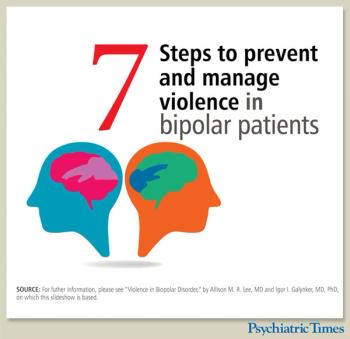
The bipolar diagnosis introduces some unique aspects to violence prevention and management, although the general principles are similar to those for patients with other psychiatric disorders. More in this slideshow.

In what psychiatric disorder, if any, has wake therapy been useful to alleviate symptoms? Take the quiz and learn more.

Genius and madness: does one phenomenon cause the other-or do both share a common underlying factor or mechanism? How are geniuses able to accomplish “creative fits”? The author explores both questions.

Non-adherence to prescribed medication by patients with psychiatric disorders is one of the greatest challenges reported by clinicians.

It is absolutely essential that every person who has bipolar disorder be screened for risk factors related to metabolic syndrome and diabetes and traditional risk factors like overweight and eating habits. More in this podcast.

The lay press has focused a lot of attention on the use of ketamine as a potentially rapidly acting treatment for depression. But are psychiatrists really ready to offer ketamine as a treatment alternative for mood disorders? An expert weighs in.

We know there is extensive overlap between bipolar disorder and medical morbidity-including obesity, diabetes, and metabolic syndrome. The real question is why. More in this podcast.

Chronobiology-the science of daily (circadian), monthly, tidal, and seasonal rhythms-has undergone exponential growth in the past decade, with major discoveries at the molecular and neuroanatomic level.

The authors-both well-known specialists-attempt to integrate the two fundamental ingredients of psychotherapy and pharmacology in the treatment of bipolar disorders.

Given the greater frequency of depression than manic episodes in bipolar disorder, what clues indicate bipolar disorder rather than unipolar depression?

There probably isn't anyone who is not a Robin Williams fan and admired his wonderful talent. Everybody experiences his loss and death as something personal. More in this podcast.

This article reviews the most recent (after 2010) published guidelines on bipolar depression.